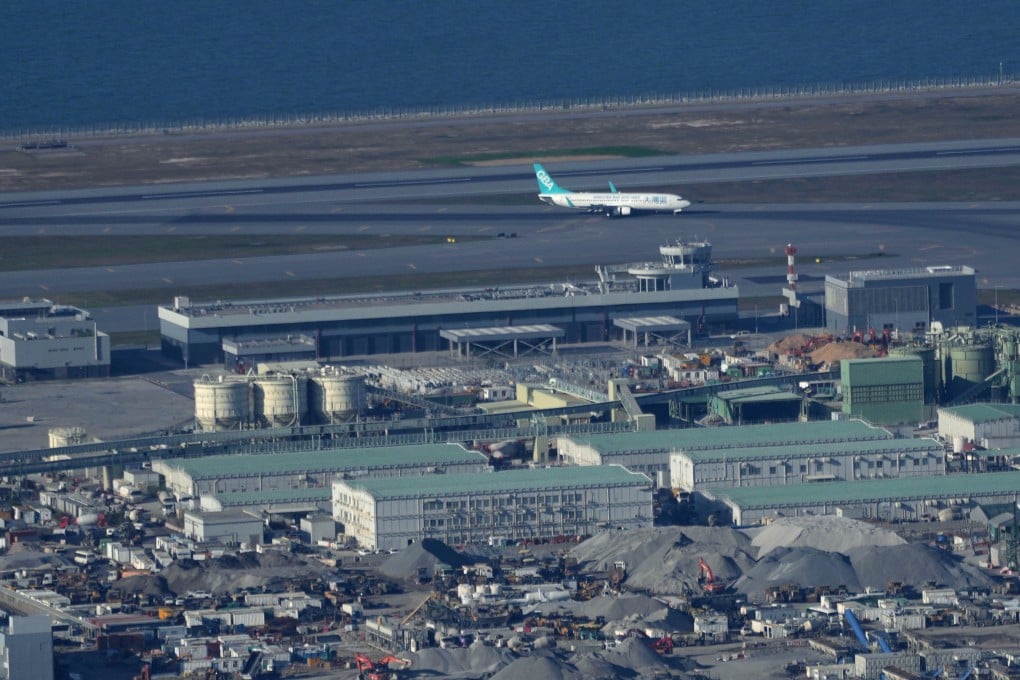Editorial | Hong Kong’s aviation sector given major lift ahead of a still bumpy journey
The three-runway system, Cathay’s near return to pre-pandemic passenger levels and the purchase of a stake in Zhuhai’s terminal all bode well

Some positive developments last week gave a major lift to Hong Kong’s aviation industry. An expanded runway system, a return to pre-pandemic service for the city’s flag carrier and a move by the airport operator to buy a stake in the terminal of the nearby city of Zhuhai have helped the sector level off for a still bumpy journey ahead.
Much of the focus was on Thursday’s historic launch of a new HK$141 billion (US$18 billion) three-runway system at Hong Kong International Airport. The megaproject started in 2016 and was completed on time and within budget. Now it must help advance the city’s status as a global transport and aviation hub.
Over the coming decade, passenger throughput capacity will be raised in phases by 50 per cent to 120 million annually and cargo volume is expected to double to 10 million tonnes per year, all adding up to stronger regional competitiveness.
Airport and city authorities seem to recognise a need to keep charting a path forward. At the launch, city leader John Lee Ka-chiu said the added tarmac will boost the tourism, retail, and food and beverage sectors, as well as related industries.
However, the chief executive called for airlines to be more competitive as the airport strives to regain its place among the world’s best. Growing regional competition, the loss of some foreign airlines as well as geopolitical tensions and uncertainty are still headwinds.
Challenges to absorbing fresh capacity remain against the backdrop of slower-than-expected recovery in long-haul flights amid the ongoing Ukraine-Russia war.

